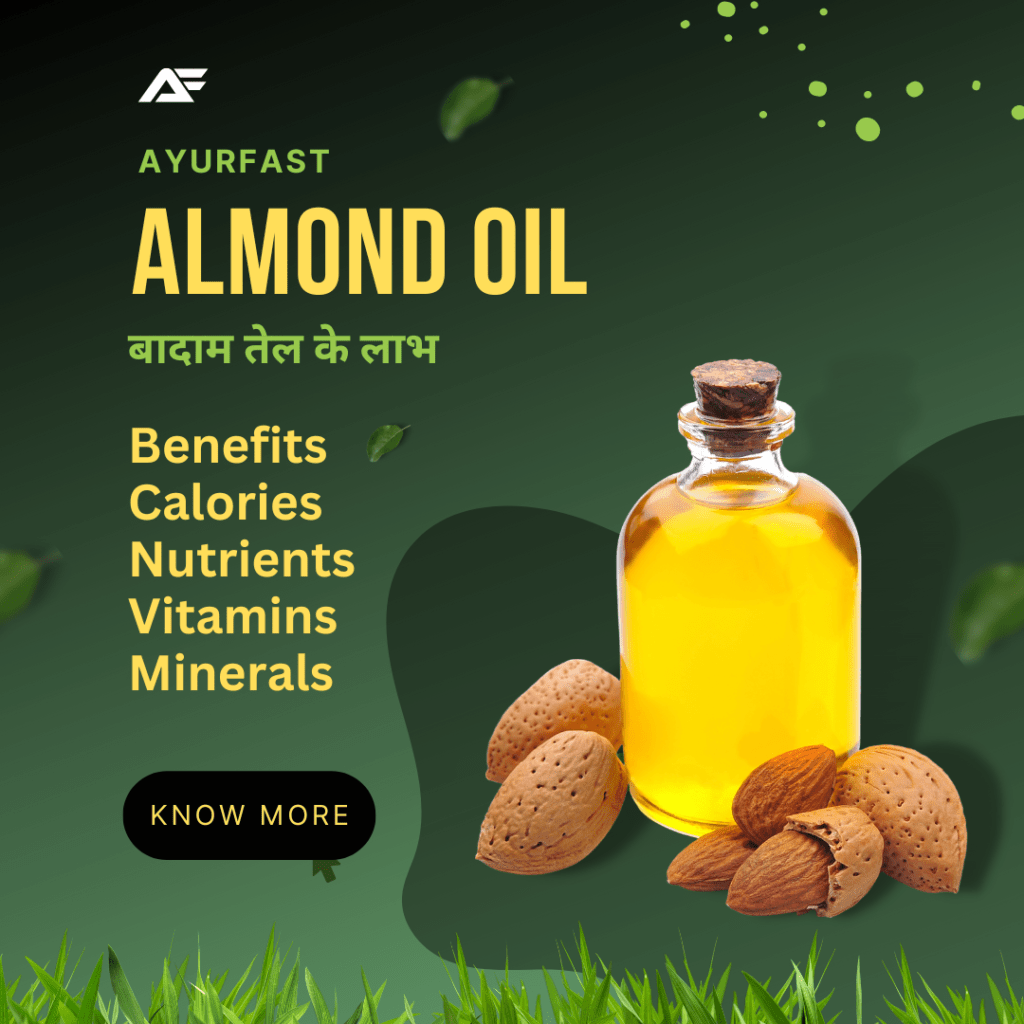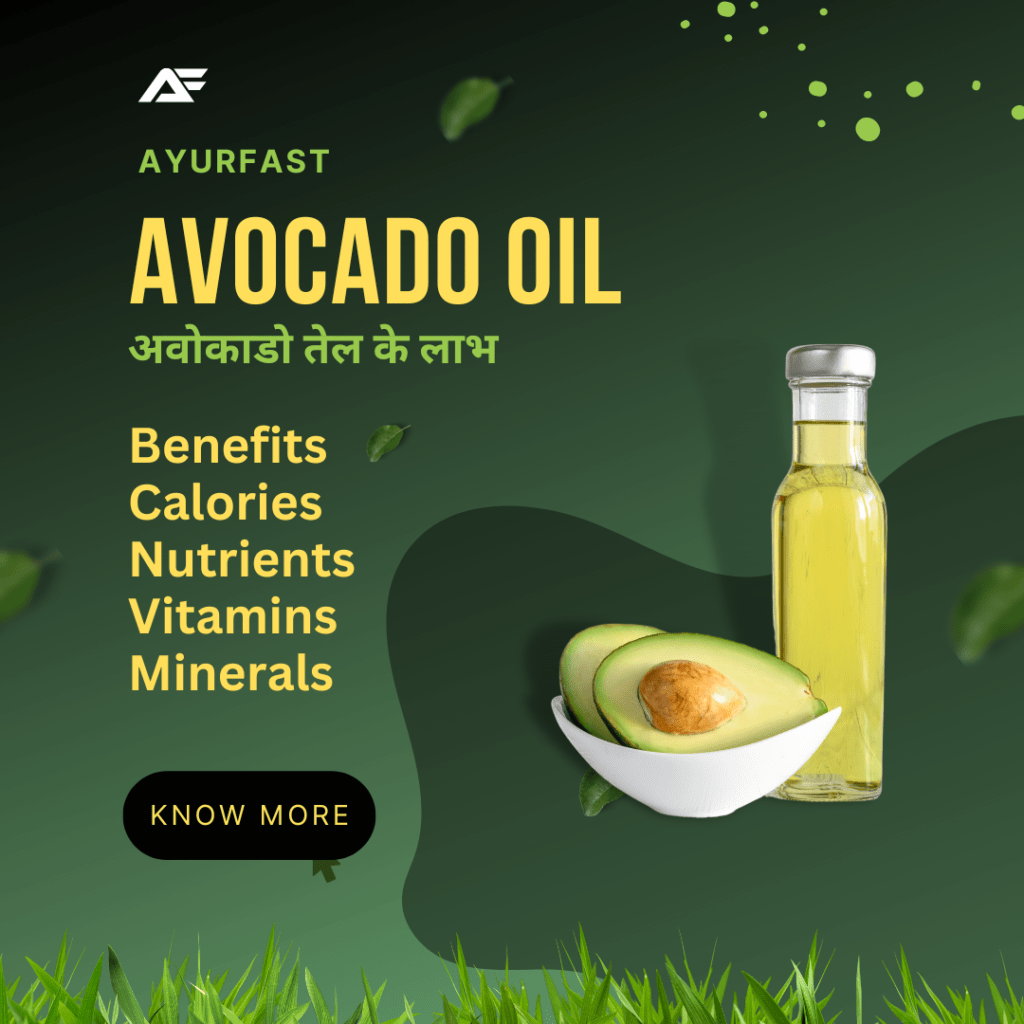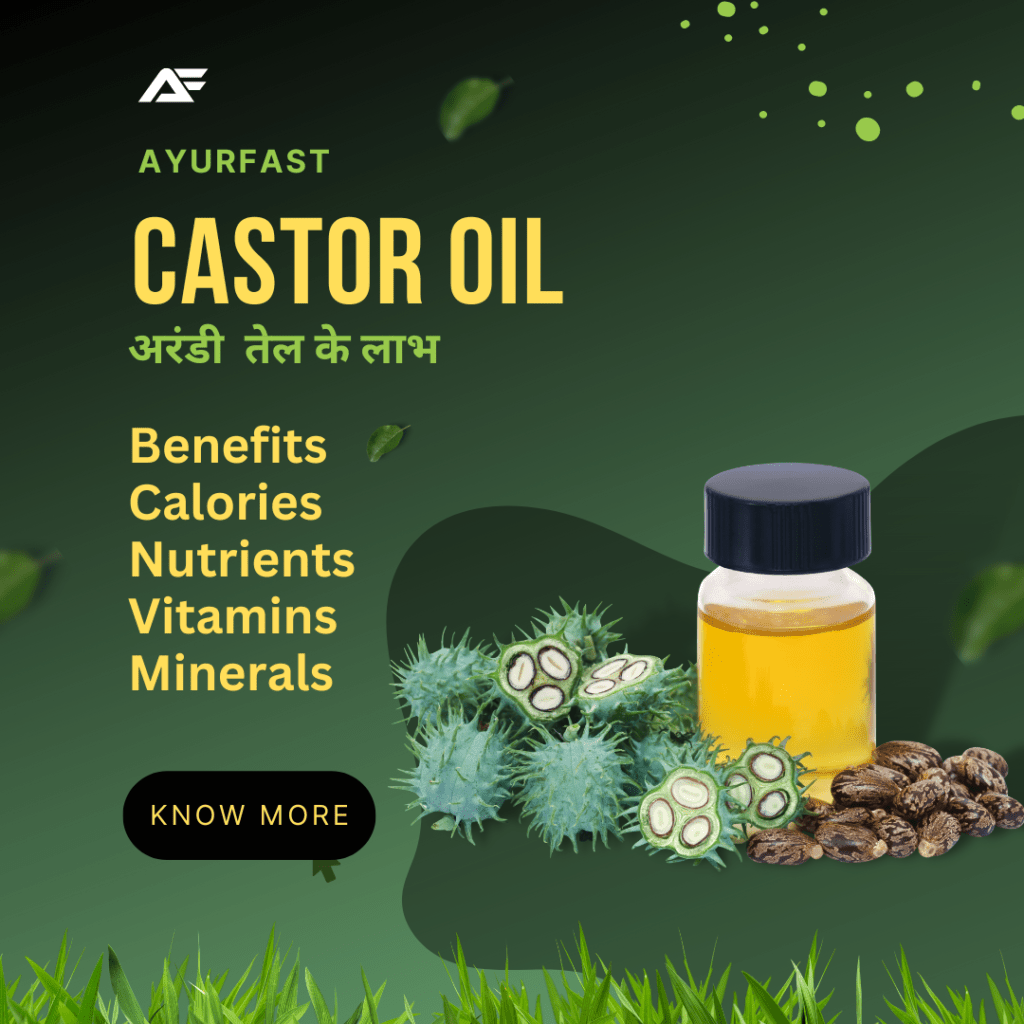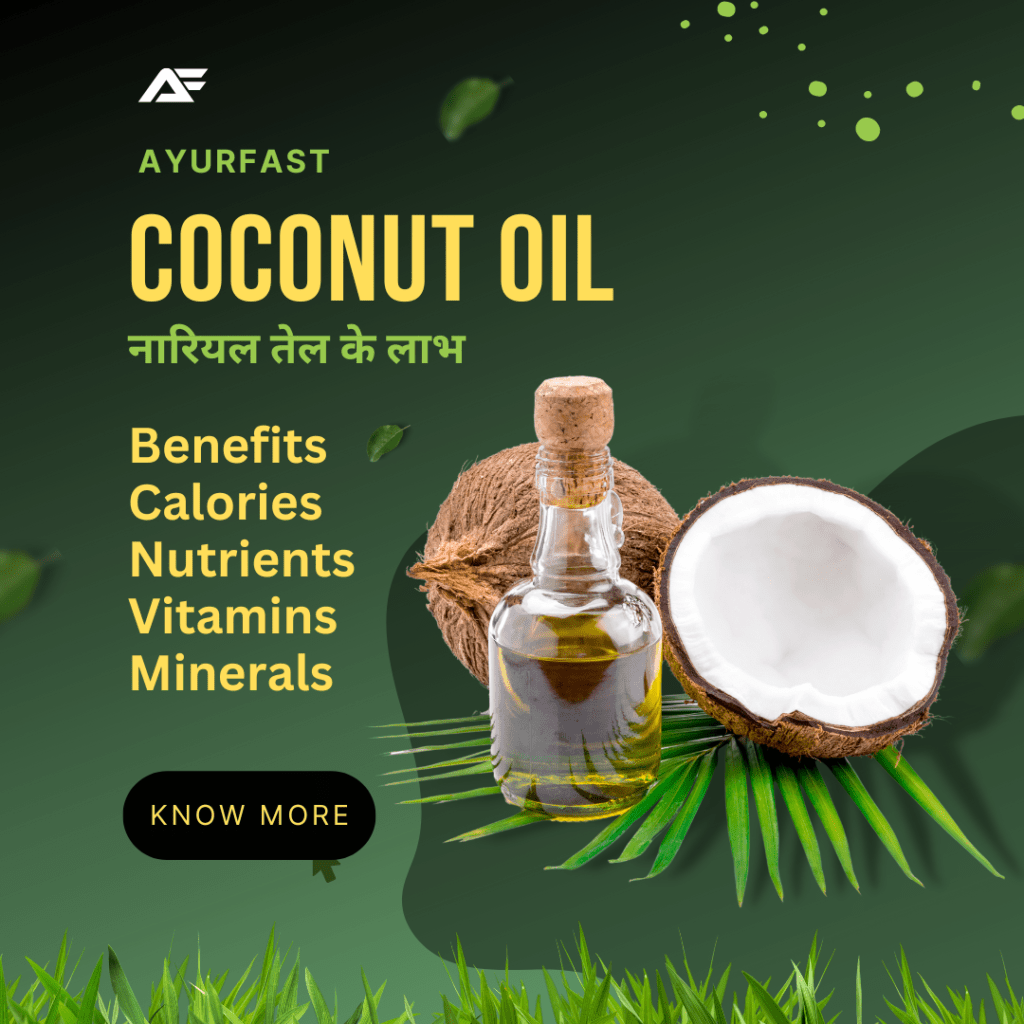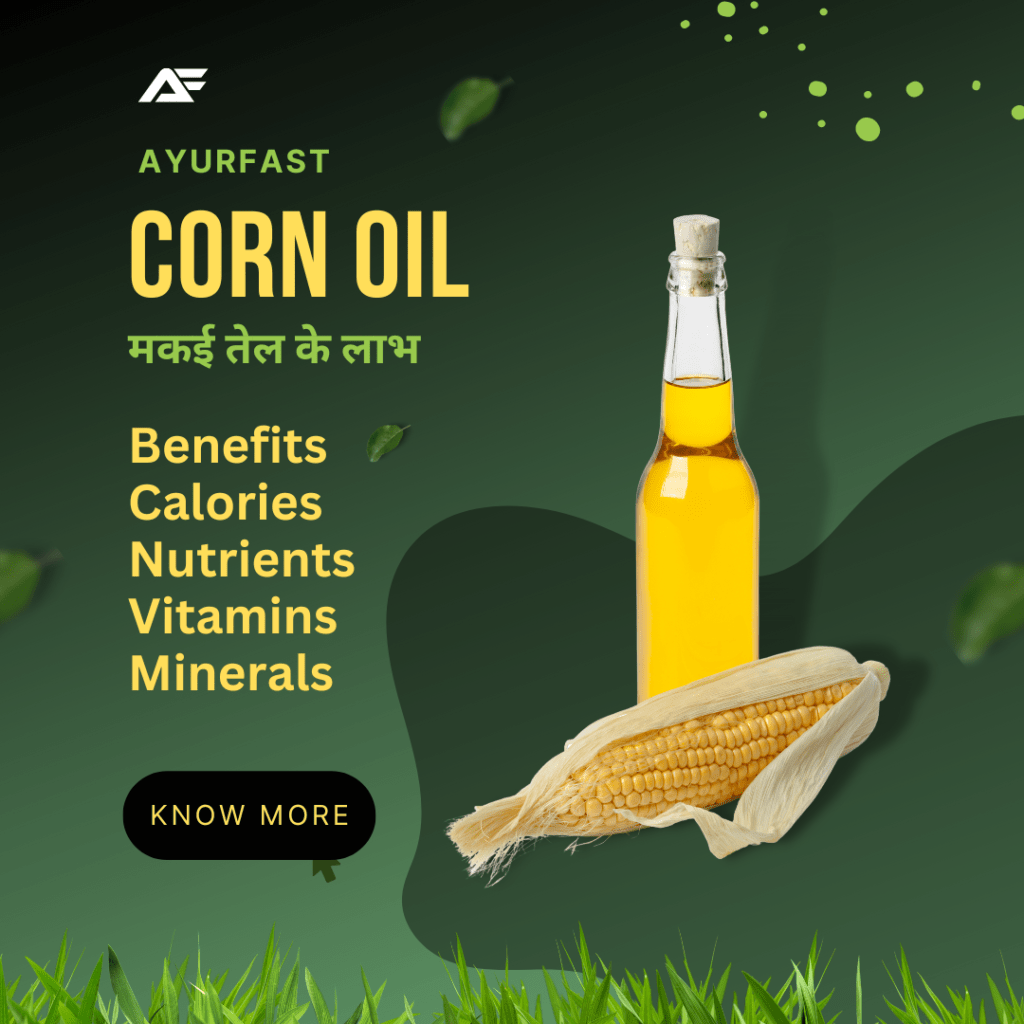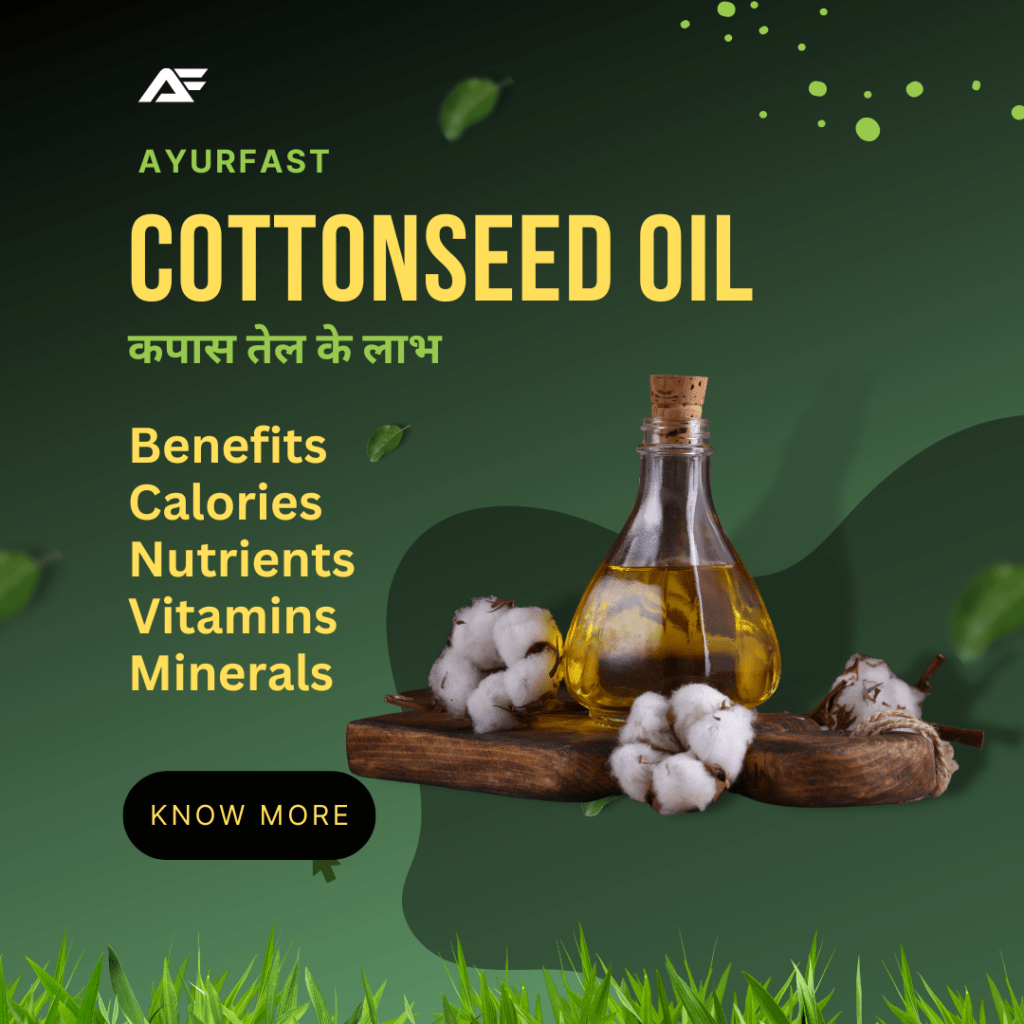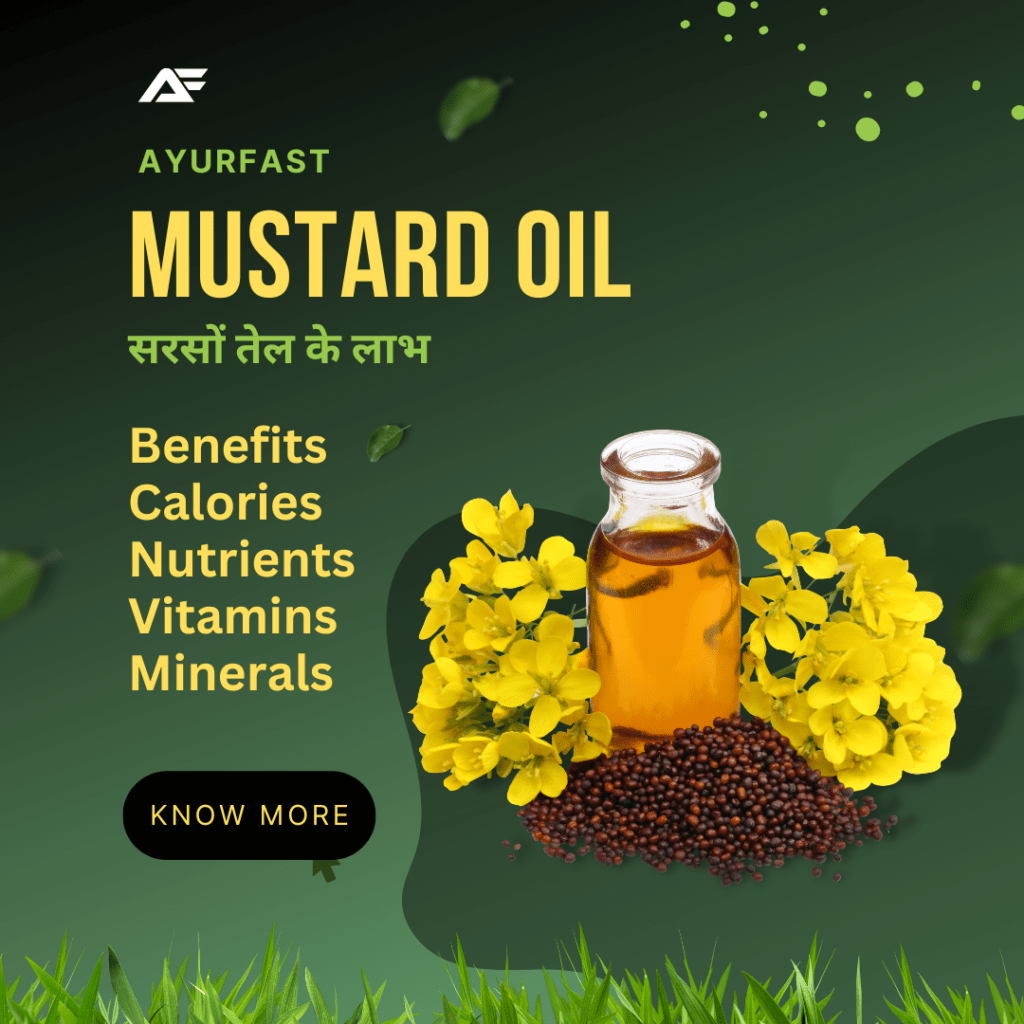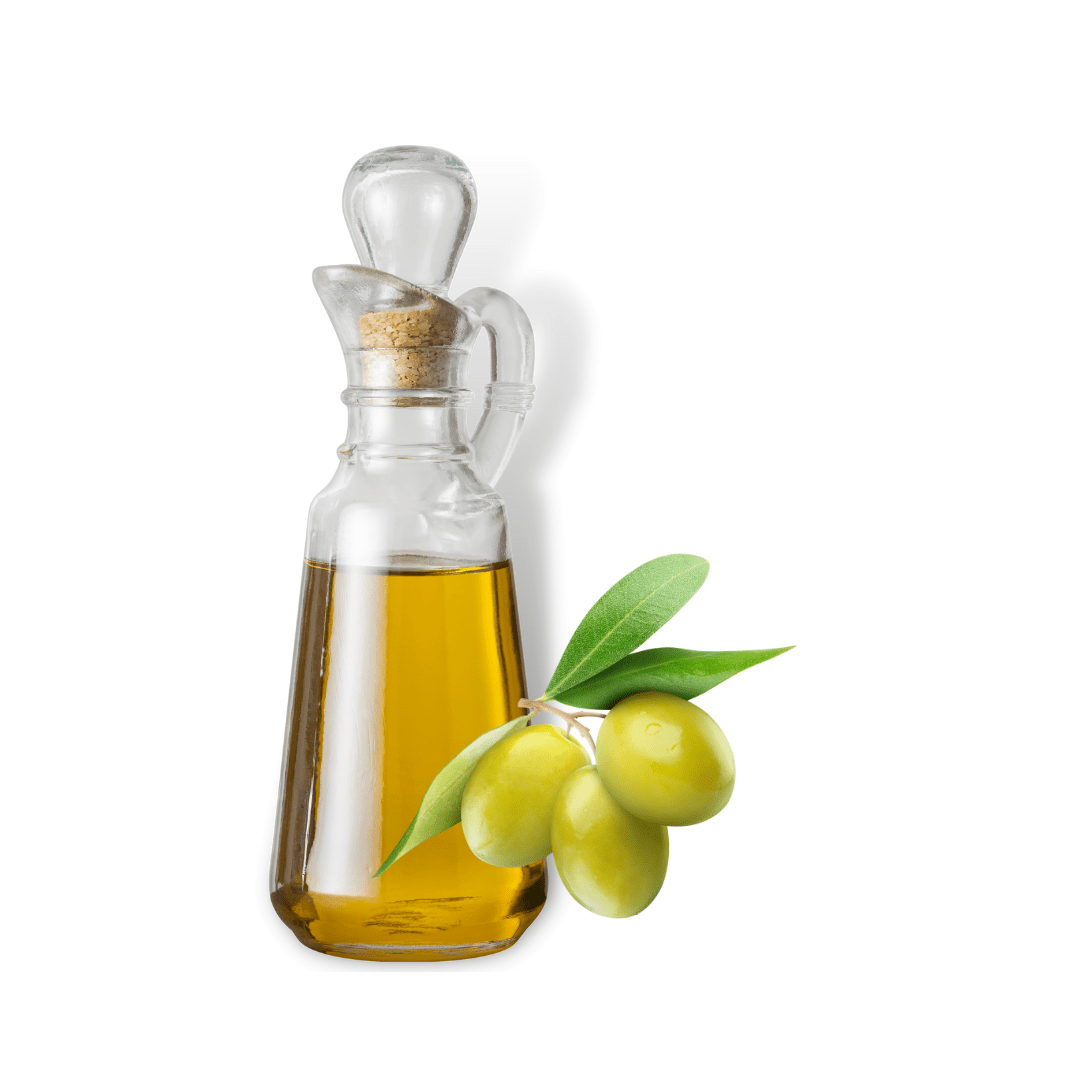
About
Olive oil is a liquid fat obtained from the fruit of the olive tree, a traditional crop of the Mediterranean Basin. It is produced by pressing the whole olives, and it has a characteristic taste and aroma.
Health Benefits of Olive Oil:
-
Rich in healthy fats: Olive oil is high in monounsaturated and polyunsaturated fats, which can help reduce the risk of heart disease.
-
Contains antioxidants: Olive oil is rich in antioxidants, which can help protect the body against cellular damage.
-
May reduce inflammation: Some studies suggest that the compounds in olive oil may help reduce inflammation in the body.
-
May reduce the risk of stroke: Research has shown that consuming olive oil may lower the risk of stroke.
-
May protect against cancer: Some studies suggest that the antioxidants in olive oil may help protect against certain types of cancer.
Health Losses of Olive Oil:
-
High in calories: Olive oil is a calorie-dense food, and consuming too much can lead to weight gain.
-
Can cause digestive issues: Some people may experience digestive issues when consuming olive oil, particularly if they consume large amounts.
-
Not suitable for cooking at high temperatures: Olive oil has a low smoke point, and using it for high-temperature cooking may lead to the formation of harmful compounds.
Preparation Method of Olive Oil:
-
Harvesting: Olives are harvested from the trees, typically in the fall or winter.
-
Washing: The olives are washed to remove any dirt or debris.
-
Crushing: The olives are crushed to create a paste.
-
Malaxation: The paste is mixed to release the oil.
-
Separation: The oil is separated from the paste using a press or centrifuge.
Treatments Olive Oil can be used for:
-
Cooking and baking: Olive oil is a popular cooking oil and can be used in a variety of dishes.
-
Salad dressings: Olive oil is often used as a base for salad dressings.
-
Skincare: Olive oil can be used as a moisturizer for the skin.
-
Haircare: Olive oil can be used as a deep conditioner for the hair.
Harms of Overdose of Olive Oil:
-
Weight gain: Consuming too much olive oil can lead to weight gain.
-
Digestive issues: Overconsumption of olive oil may lead to digestive issues such as diarrhea.
-
Increased risk of heart disease: Consuming too much olive oil can lead to an increase in blood cholesterol levels, which can increase the risk of heart disease.
Maximum Consumption Chart per Day by Age and Gender:
Child (1-3 years old):
1 tablespoon (15 ml) Child (4-8 years old):
2 tablespoons (30 ml) Child (9-13 years old):
3 tablespoons (45 ml) Adult Man:
4 tablespoons (60 ml) Adult Woman:
3 tablespoons (45 ml)
Macronutrient Content in Olive Oil per 50-gram serving
| Nutrient | Amount |
|---|---|
| Calories | 442 |
| Total Fat | 50 g |
| Saturated Fat | 7 g |
| Monounsaturated Fat | 36 g |
| Polyunsaturated Fat | 7 g |
| Carbohydrates | 0 g |
| Protein | 0 g |
| Fiber | 0 g |
| Water | 0 g |
Vitamin Content of Olive Oil per 50-gram Serving
| Vitamin | Amount |
|---|---|
| Vitamin A | 0 mcg |
| Vitamin B1 | 0 mg |
| Vitamin B2 | 0 mg |
| Vitamin B3 | 0 mg |
| Vitamin B6 | 0 mg |
| Vitamin B12 | 0 mcg |
| Vitamin C | 0 mg |
| Vitamin D | 0 IU |
| Vitamin E | 14.4 mg |
| Vitamin K | 62.5 mcg |
| Folate | 0 mcg |
| Biotin | 0 mcg |
Mineral Content of Olive Oil per 50 grams Serving
| Mineral | Amount |
|---|---|
| Calcium | 2.5 mg |
| Iron | 0.2 mg |
| Iodine | 0 mcg |
| Zinc | 0.2 mg |
| Magnesium | 0 mg |
| Phosphorus | 0 mg |
| Potassium | 0 mg |
| Sodium | 0 mg |
| Chloride | 0 mg |
| Copper | 0 mg |
| Chromium | 0 mcg |
| Fluoride | 0 mcg |
| Molybdenum | 0 mcg |
| Manganese | 0 mg |
| Selenium | 0 mcg |

